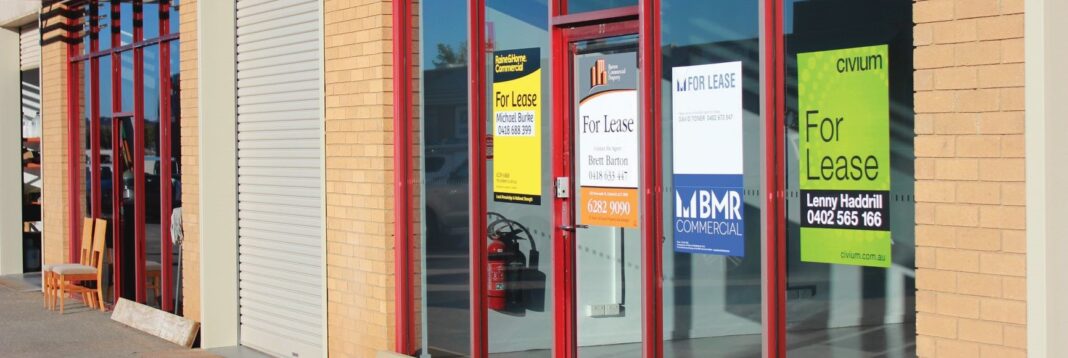An ACT Legislative Assembly Committee inquiry into commercial rates has reported a “high level of concern in the community about the fairness, equity and transparency of the current rating system”.
The Standing Committee on Public Accounts inquiry, chaired by Liberal MLA Vicki Dunne, was set up in November 2018 to explore the effectiveness of the commercial ratings system and the impact it is having on businesses and the property sector in Canberra.
The Committee handed down their findings in a report earlier this month.
The inquiry looked at: the process for determining ratings factors; the impact of lease variations; how valuations are conducted; the amount paid by property owners; and the impact on leasing costs, property values and business viability.
The Committee concluded there is a significant burden currently placed on commercial ratepayers as a result of tax reform initiated in 2012-13 with the intention of transition away from transactional based taxes such as stamp duty, in turn, shifting the tax burden onto rates.
A submission from the Canberra Business Chamber said the substantial increase in commercial rates since 2012 needs to be addressed.
“Commercial rates have risen by approximately 200% since the policy was first implemented in 2012. Significant stamp duty relief has only been offered to commercial properties below $1,500,000.
“The current reforms headlined by a transition away from stamp duty to a rates-based system are imposing significant financial burdens on Canberra businesses,” the Chamber wrote.
The report said the Committee heard evidence of the wide-ranging impact the rise in commercial rates is having on ACT businesses, as it has generated a higher than expected number of anomalies.
“Ratepayers in particular categories and circumstances are experiencing undue hardship.
“The current regime is providing strong incentives for small to medium scale businesses and investors to move out of the Territory and locate in NSW.”
In his submission, Chief Minister and Treasurer Andrew Barr argued that when comparing across jurisdictions, it’s important to consider the full range of state and local taxes paid by businesses.
“Commercial rates are just one tax that businesses pay,” he wrote.
“Other taxes to consider include commercial land tax, stamp duty, payroll tax and insurance duty.
“The ACT Government has abolished commercial land tax, while stamp duty is being gradually phased out and has already been abolished for commercial property transactions below $1.5 million.”
He said that in NSW, local councils charge commercial rates while land tax is levied by the State Government. In the ACT, commercial general rates covers both of these charges.
“For this reason, it is not possible to directly compare amounts payable in the ACT.”
More stories:



